March 14, 2025 | 17:19 GMT +7
March 14, 2025 | 17:19 GMT +7
Hotline: 0913.378.918
March 14, 2025 | 17:19 GMT +7
Hotline: 0913.378.918
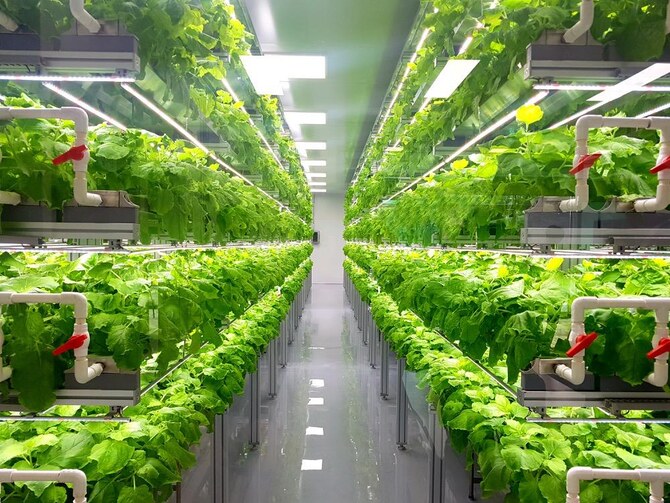
Photo: Shutterstock.
The Kingdom aims to accomplish this by boosting domestic production and investing in international supply chains to secure key commodities that are unavailable locally.
Strategic transformations as well as enhanced international cooperation are both essential in efforts to address global food insecurity, Abdulrahman Al-Fadley, Saudi Arabia’s minister of environment, water and agriculture, said at the recent meeting of G20 agriculture ministers in Brazil.
“There is a pressing need to adopt a long-term transformation for food security and nutrition,” he told decision-makers on the second day of the conference.
“This underscores the need to intensify our efforts and strengthen collaboration to develop pragmatic solutions for building sustainable, healthy and inclusive food systems.”
The G20 agriculture, fisheries and aquaculture ministers met on Sept. 12-13 in Chapada dos Guimaraes, Brazil, to discuss strengthening the resilience and sustainability of food systems across economic, social and environmental dimensions. These sectors are key to achieving the 2030 Agenda for Sustainable Development.
Increased efforts to boost Saudi Arabia’s food production resulted in the country announcing in September 2023 that it had achieved self-sufficiency in fresh dairy products and eggs, with surpluses available for export.
In addition, the Kingdom has significantly increased domestic production of various crops, including potatoes, tomatoes, carrots and onions, as well as red meat.
This progress comes from increased efforts to boost domestic food production by involving all stakeholders, including the private sector and civil society. One notable company is Topian, which was launched by NEOM in 2023.
Topian aims to redefine food production, distribution, and consumption by creating sustainable, innovative solutions in five key areas: climate-proof agriculture, regenerative aquaculture, novel foods, personalized nutrition, and sustainable food supply and environmental, social and governance.
Founded with the support of the Saudi Ministry of Environment, Water and Agriculture, Topian aligns with the goals of the Kingdom’s Vision 2030 plan for national development and diversification. The company is leading efforts to ensure food security, combat climate change, and achieve net-zero emissions by 2060.
“As a wholly owned subsidiary of NEOM, Topian is fully aligned with NEOM’s commitment to providing high-quality food products to the market, and promoting food security and sustainability, while contributing to the Kingdom’s self-sufficiency objectives and long-term economic goals,” said Juan Carlos Motamayor, the company’s CEO.
“Topian is leading the food-security conversation to create a resilient food supply in line with the Saudi Green Initiative and the UN’s Sustainable Development Goals.
“We are not only committing to shaping a transformative global food system, but also to setting a global benchmark by pioneering new technologies and innovative solutions to overcome food-related challenges and create a more secure, sustainable and prosperous future for all.”
Topian has formed several local and international strategic partnerships with organizations committed to reshaping the future of food.
These agreements include collaborations with King Abdullah University of Science and Technology, Tabuk University, Tabuk Fish Company, BlueNalu, Van der Hoeven Horticultural Projects, and Cargill.
Through these partnerships, it aims to drive research and development, leveraging expertise to create innovative and sustainable food-production methods.
The company is also committed to the NEOM CARE partnership, which focuses on educational initiatives to promote local sustainable gastronomy and develop Saudi talent through training opportunities and chef camps.
Another key Saudi initiative aimed at achieving food security is the Center of Excellence for Sustainable Food Security.
Founded by KAUST in 2024, the center focuses on the advancement of technology-driven solutions to help enhance sustainable food production, particularly in arid environments. Its primary goal is to translate research into practical applications that minimize the environmental impact of food systems.
The center is led by Mark Tester, an expert in plant science and agriculture in arid environments, and co-chaired by Brande Wulff, a leader in crop genetics, and Peiying Hong, an expert in environmental microbiology and wastewater treatment.
arabnews
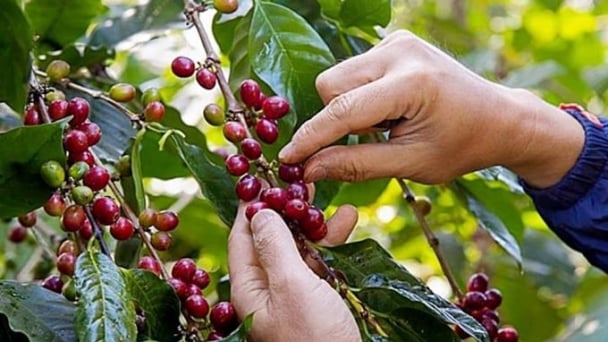
(VAN) Applying mechanization and full traceability will help the Vietnamese coffee industry quickly adapt to the EUDR regulations and maintain its position in the market.
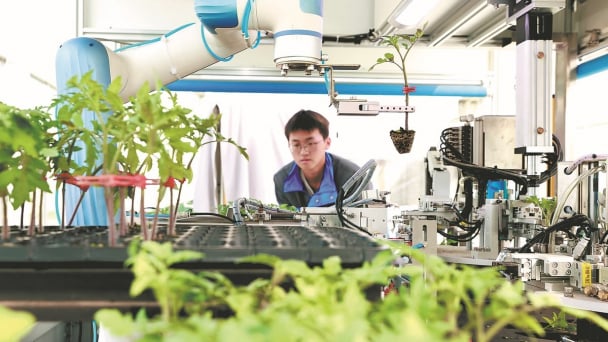
(VAN) China is pushing to better align agricultural science and technology with industry needs to enhance productivity and strengthen national food security, political advisers said during the annual two sessions meetings.
/2025/03/11/3632-2-172618_954.jpg)
(VAN) Minister Do Duc Duy had many important directions for the Ministry of Agriculture and Environment to implement breakthrough solutions in 2025.
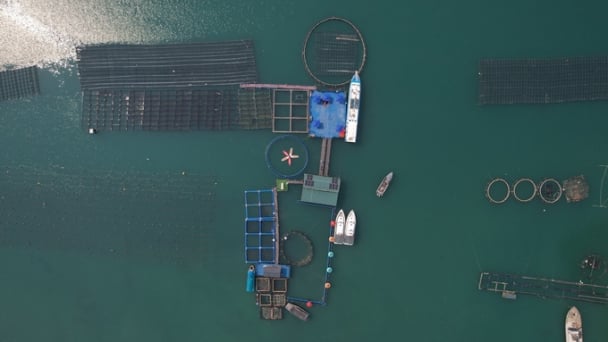
(VAN) The fundamental principle that propels Vietnam's agriculture toward a new era of development is innovation and green growth, which are more sustainable and effective.
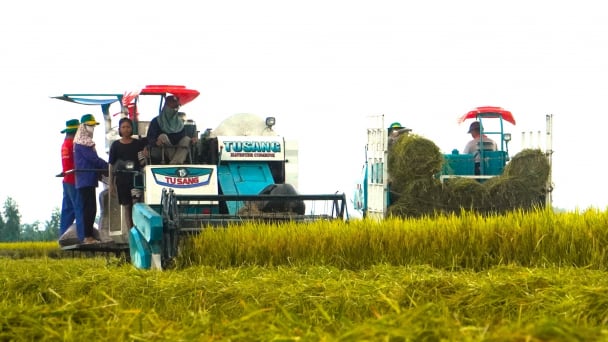
(VAN) Flexibly adjusting crop season and expanding the Scheme of 1 million ha high-quality rice can further elevate the Vietnamese rice brand.
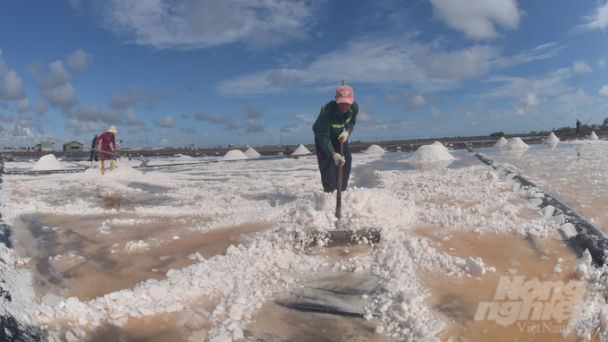
(VAN) In order to increase the income of farmers, it is imperative to expedite the incorporation of science and technology into salt production.
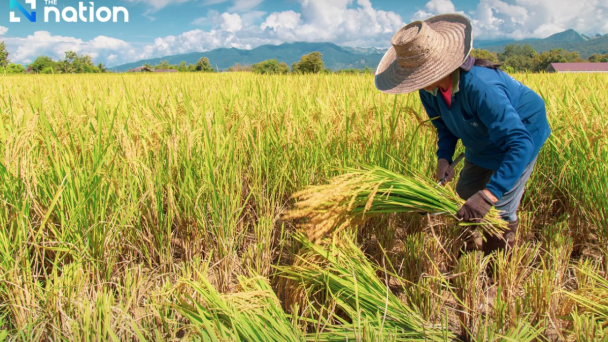
(VAN) The commerce minister clarifies that though the government is promoting high-value crops like bananas, its priority remains stabilising rice prices.